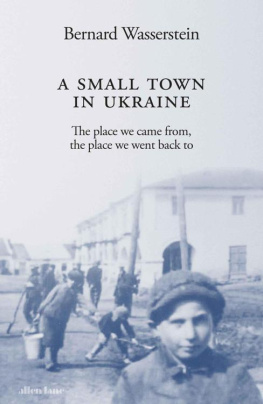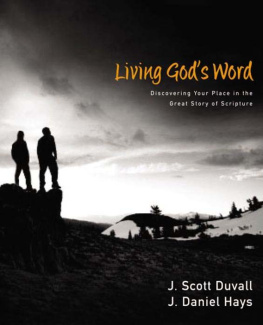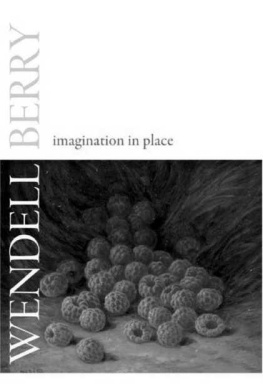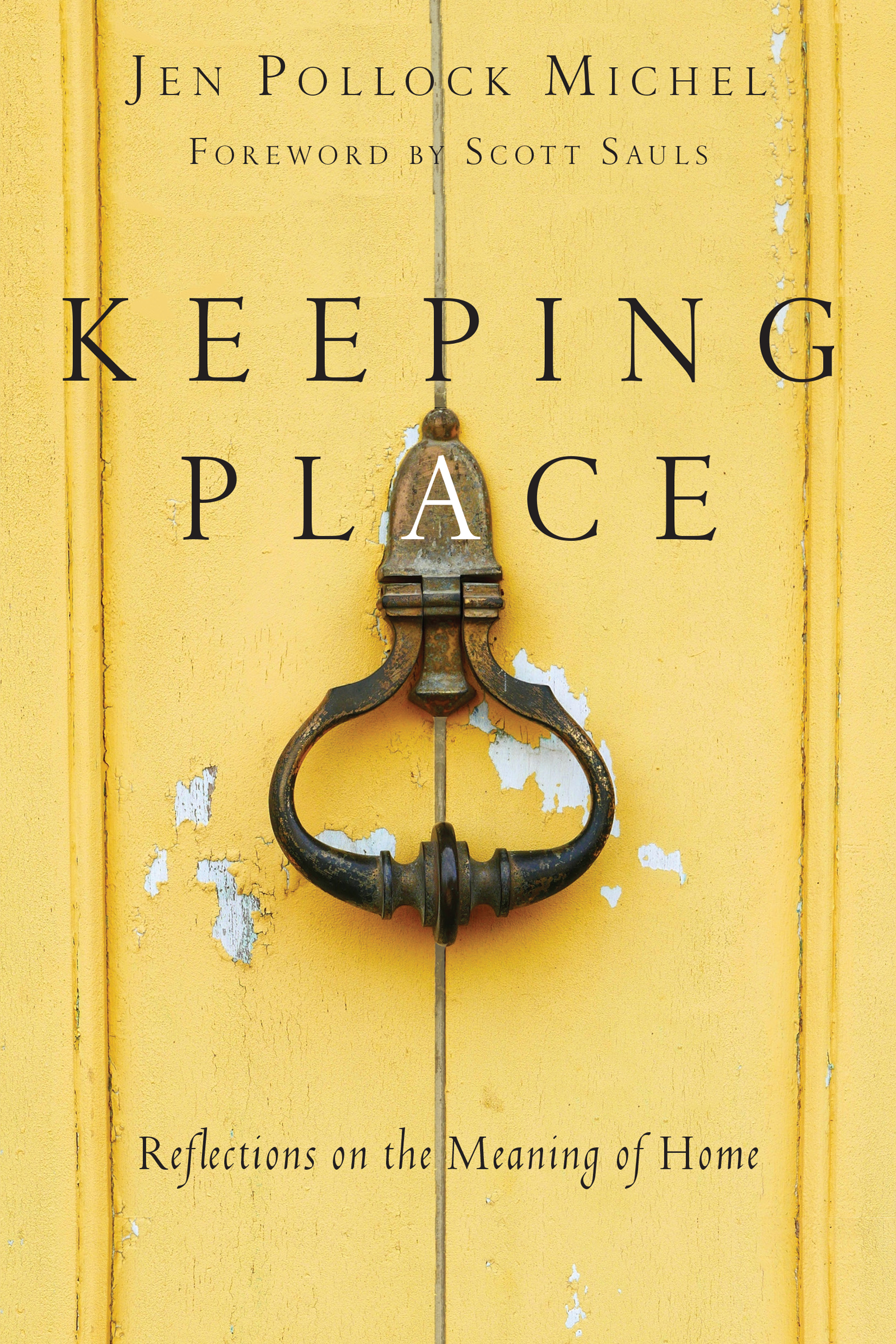If I had one particular complaint, it was that my life seemed composed entirely of expectation. I expectedan arrival, an explanation, an apology.
Foreword
Scott Sauls
I am currently in my forties and yet have never been fully or finally at home.
Throughout our childhood, Mom and Dad moved us to a new city every two years because of corporate job transfers. Childhood was followed by four years of college, six months teaching tennis in Kentucky, a three-month hiatus in Atlanta, and three-and-a-half years in Saint Louis for seminary. After that, we spent twelve years planting two churches in two different states, followed by five years in New York City and, to date, almost five years in Nashville.
My wife, Patti, and I swear that we are never leaving Nashville. We are in full agreement, the two of us are, that we are finally home.
But are we?
We also swore, early on, that we would give more lasting roots to our kids.
But did we?
Recently, our oldest daughter graduated from high school. To commemorate her accomplishment, Patti and I wrote her long letters from Mom and Dad. In those letters we walked down memory lane reflecting on and getting nostalgic about her eighteen years of life. As we reminisced, it dawned on both of us that while we gave the girl opportunities, we never gave the girl rootsat least not with respect to place. To date, she has lived in seven different homes and attended eight different schools in five different cities.
Contemplating the quasi-nomadic upbringing that we imposed on our daughter, Patti wrote in her letter from Mom, I am so so so sorry... and youre welcome.
The Im sorry part makes good sense. Moving of any kind is disorienting, especially in childhood. It uproots a child from friends, teachers, neighborhoods, and familiar spaces. It digs a hole in the heart, uprooting and rerooting like that. For better or for worse, our daughters story has become the same as mine. Its a story with no lifelong friends or neighbors or houses from childhood. Instead, its the story of a traveler.
What good could come from seven homes and eight schools and five cities in eighteen years? Why on earth would my wife feel compelled to say Youre welcome right after saying I am so so so sorry to our daughter? I believe its because regret and hope dont have to be mutually exclusive. In our daughters case the two can run together for three reasons I can think of.
First, home is more than a place. Home is also the people you travel with and live alongside as you move from place to place. And, for those who travel with Jesus, family is everywheresurrogate daughters, sons, brothers, sisters, mothers, fathers, grandmas, and grandpas await us in every city and town to which the church has been scattered.
Even more than this, home is three Persons versus a single place. The God of nomadic travelers is our home. He is the God of Abraham, who left country and kindred and his fathers house to the land that God would show him. He is the God of Israel, who wandered in the wilderness for forty years. He is the God of the Jews, who were taken captive to Egypt, Assyria, and Babylon after their homes were taken from them by conquest. And he is the God of Jesus Christ, who, in his most displaced moments, cried out to his Father for wisdom, comfort, and presence. This Fatherthis traveling God who also never leaves, and whose dominion and presence covers every single person, place, and thingis also our Father. He is never away from us, and we are never away from him. Wherever we go, his goodness and mercy follow us for all of our days. If we ascend to heaven, he is there. If we make our beds in Sheol, he is there also. And? He is not merely with us; he is within us. He will never leave us or forsake us. In that sense, we are never not at home.
Second, while there are immense benefits to putting down roots in a particular place among a particular people (contrary to, and perhaps because of my immensely poor example, I highly recommend it), there are also some potential liabilitiesnamely, the narrowing, blinding effect of never being exposed to cultures, peoples, places, skin colors, economic brackets, dialects, philosophies, experiences, and perspectives that those who are other can offer us. For it is only in drawing near to the other that we gain a fuller appreciation of the imago Dei. For the imago Dei (image of God) is not contained in any single people group or place, but rather in the faces and stories and triumphs and sorrows of every nation, tribe, tongue, and generation. Rather than lock us down into a single place and perspective, the nomadic way increases our exposure and broadens our horizons.












